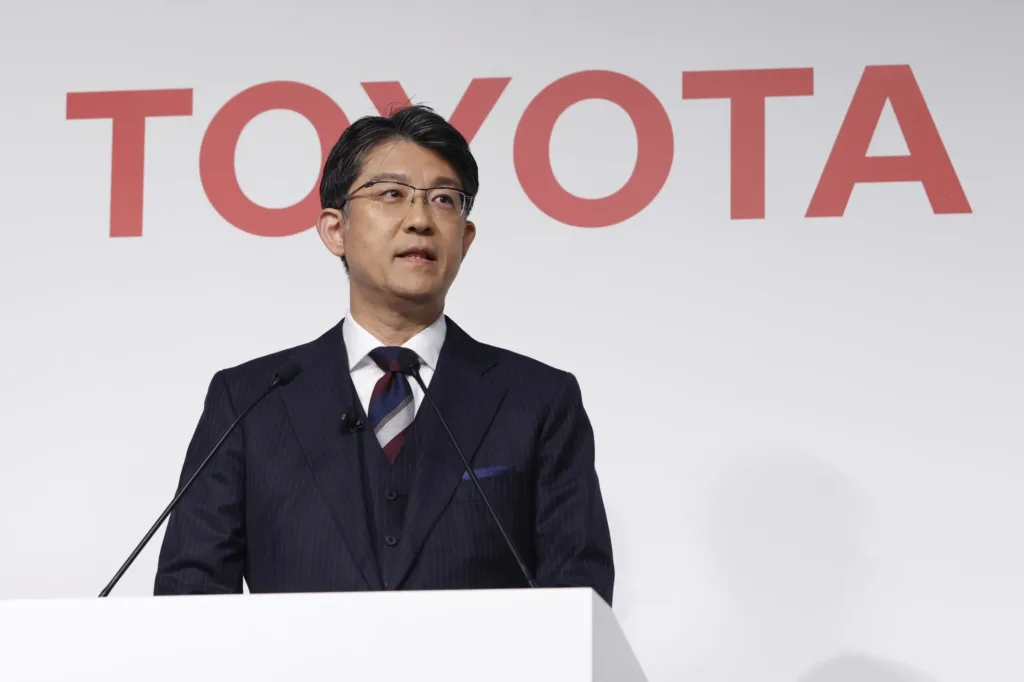Over my 40 years working in Japan, I’ve seen waves of reform come and go. Some were driven by government, some by crisis, and some by global pressure. But the most meaningful change I’ve seen recently isn’t happening in boardrooms or ministries, it’s happening quietly, inside a new generation of Japanese managers.
They are not revolutionaries. They are not trying to tear down the old ways. But they are rethinking how leadership works, often without saying so out loud.
A New Kind of Leader
The traditional Japanese manager I met early in my career was defined by hierarchy, caution, and an ability to maintain harmony above all else. Meetings were long, decisions slow, and speaking too directly was often seen as disrespectful.
Today, I see something different. Many of the managers now in their thirties and forties, especially those leading startups or running divisions in established companies, are quietly rewriting the rules.
They still value harmony, but they also value speed. They listen, but they also decide. They are willing to fail, but not to freeze.
At Toyota, the appointment of Koji Sato as president marked a generational shift in tone and pace. He has emphasized collaboration, cross-divisional communication, and faster decisions, while still holding on to Toyota’s long-term vision and discipline.
At Sony, younger executives have reoriented the company toward entertainment, creativity, and partnerships, showing that innovation doesn’t need to mean abandoning tradition.
These are not loud revolutions, but they signal a clear change in how leadership looks and feels in Japan.
From Process to Purpose
Younger leaders are not just chasing profit or efficiency, they are looking for purpose. They want their teams to care about what they do, and they expect companies to contribute meaningfully to society.
This is visible across industries. MUJI’s leadership renewal brought a focus on sustainability and regional collaboration, with younger managers working directly with local producers and artisans to revive domestic manufacturing.
In consumer brands, social purpose has become part of product design rather than an afterthought. I’ve seen companies link sustainability goals with their brand storytelling in ways that resonate both inside and outside Japan.
The pandemic accelerated this transformation. Remote work and flexible schedules, once unthinkable in many Japanese firms, became normal. Some of the best younger managers I’ve met now see flexibility not as a perk, but as a form of respect.
Entrepreneurial Mindsets, Even in Big Companies
The entrepreneurial spirit is no longer confined to startups. Within large corporations, younger managers are launching internal ventures, testing digital platforms, and introducing data-driven decision-making that would have been unimaginable a decade ago.
A manager at a major beverage company told me recently that his team now tracks customer sentiment weekly rather than quarterly. “If we wait three months, the market has already changed,” he said. That awareness of time, and the courage to act faster, marks a real shift in mindset.
Even in hospitality, younger general managers at groups such as Hoshino Resorts are empowering staff to make decisions on the spot. This culture of trust contrasts sharply with the scripted service models that once defined Japan’s hotels.
And in the manufacturing heartlands of Nagoya and Osaka, second-generation leaders are digitizing long-established family firms, replacing faxes and ledgers with e-commerce platforms and real-time inventory systems. They don’t call it transformation. They just get on with it.
Balance Between Tradition and Change
This new generation still respects hierarchy. They bow at the right times, address seniors properly, and understand the value of nemawashi, the informal groundwork for building agreement. But they use these traditions as tools, not as boundaries.
You can see this balance clearly in how they approach feedback. Ten years ago, many meetings ended in polite silence. Today, younger managers invite open discussion, even from junior members. In several client companies, post-project reviews have become standard practice, something rarely seen in the Japan of the past.
They are more comfortable with technology, more open to women and foreign colleagues in leadership roles, and more willing to speak directly, even if they still do so with the characteristic care of Japanese communication.
This is not Westernization. It is evolution.
Why This Matters
For years, the story of Japanese business has been told through the lens of risk aversion and slow decision-making. But beneath that surface, something important is changing.
You can see it in the way startups collaborate with larger corporations, in how managers respond to data and customer feedback, and in the tone of daily communication across organizations. The next generation of leaders is not rejecting Japan’s business culture, they are modernizing it from within.
They are proving that conviction doesn’t have to come at the expense of humility, and that speed doesn’t have to erase care.
The Quiet Shift
Japan’s corporate transformation isn’t being announced with big slogans or government campaigns. It’s happening in daily meetings, on Slack channels, and in how young managers handle global collaboration.
For those of us who have worked here long enough to remember the old playbook, it’s both subtle and refreshing.
The future of Japanese business may not come from dramatic disruption. It may come from this quiet, steady shift, led by people who still bow deeply, still listen carefully, and yet move forward just a little faster than those before them.

